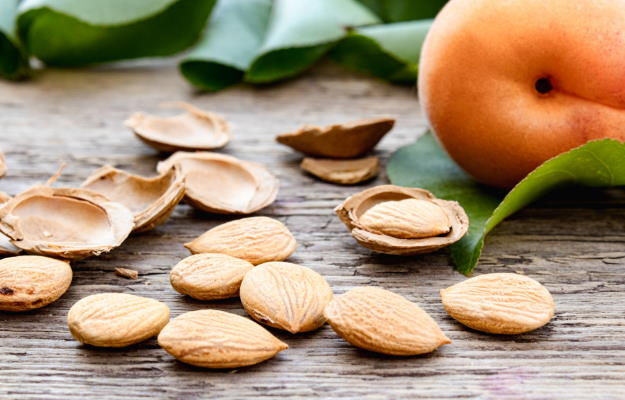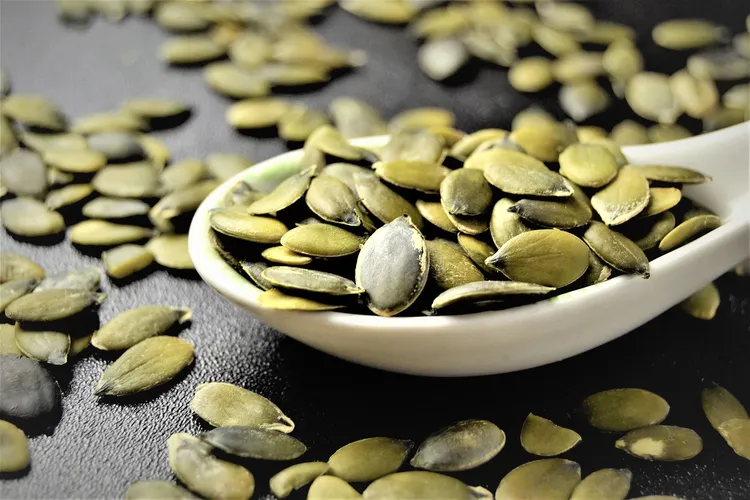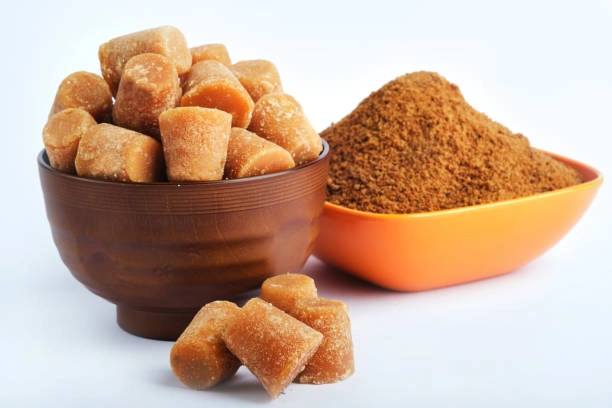Benefits of Apricot Seeds, also known as apricot kernels, are the small seeds found inside the pit of an apricot fruit. These seeds are packed with essential nutrients and have been used for centuries in traditional medicine. They are rich in vitamins, minerals, and healthy fats, making them a valuable addition to any diet.
One of the key nutrients found in apricot seeds is vitamin B17, also known as amygdalin. This compound has been studied for its potential anticancer properties. It is believed to work by releasing cyanide in cancer cells, which can help inhibit their growth. However, more research is needed to fully understand the effects of vitamin B17 on cancer.
Apricot seeds are also a good source of vitamin E, which is a powerful antioxidant. Antioxidants help protect the body against oxidative stress and reduce the risk of chronic diseases. Additionally, they contain minerals like potassium, iron, and magnesium, which are essential for maintaining proper bodily functions.
Furthermore, apricot seeds are rich in healthy fats, including monounsaturated and polyunsaturated fats. These fats are beneficial for heart health and can help lower cholesterol levels. They also provide a good source of dietary fiber, which aids in digestion and promotes a healthy gut.
Incorporating apricot seeds into your diet can be as simple as adding them to your favorite recipes. They have a slightly nutty flavor and can be crushed or ground into a powder to be used as an ingredient in baked goods, smoothies, or salad dressings. You can also snack on them raw or roasted for a quick and nutritious boost.
However, it’s important to note that apricot seeds should be consumed in moderation. They contain a compound called amygdalin, which can release cyanide in large amounts. While the cyanide levels in apricot seeds are generally low and considered safe for consumption, it’s still important to be mindful of your intake. It is recommended to limit consumption to a few seeds per day.
Nutritional Composition
Apricot seeds are dense with nutrients, making them a valuable addition to a balanced diet:
1. Healthy Fats: Apricot seeds contain monounsaturated fats, similar to those found in nuts and seeds. These fats are beneficial for heart health and may help lower LDL (bad) cholesterol levels when consumed as part of a healthy diet.
2. Protein: Like many seeds, apricot seeds are a good source of plant-based protein. Protein is essential for building and repairing tissues, supporting immune function, and maintaining muscle mass.
3. Fiber: Fiber is crucial for digestive health and regular bowel movements. Apricot seeds provide dietary fiber, which can help promote satiety, regulate blood sugar levels, and support overall gut health.
4. Vitamins and Minerals: Apricot seeds contain various vitamins and minerals, including vitamin E, which is an antioxidant that helps protect cells from damage; vitamin B17 (amygdalin), controversially touted for its potential health benefits; and minerals such as magnesium, manganese, and phosphorus.
Health Benefits of Apricot Seeds
Apricot seeds offer a wide range of health benefits due to their nutrient-rich composition. Here are some of the key health benefits associated with apricot seeds.
1. Cancer-fighting properties: Apricot seeds contain vitamin B17, which has been studied for its potential anticancer effects. While more research is needed, some studies suggest that vitamin B17 may help inhibit the growth of cancer cells.
2. Heart health: The healthy fats found in apricot seeds, such as monounsaturated and polyunsaturated fats, can promote heart health by reducing cholesterol levels and improving overall cardiovascular function.
3. Antioxidant support: Apricot seeds are rich in vitamin E, a powerful antioxidant that helps protect the body against oxidative stress and inflammation. This can reduce the risk of chronic diseases, such as heart disease and certain types of cancer.
4. Digestive health: The dietary fiber found in apricot seeds promotes healthy digestion and prevents constipation. It helps maintain a healthy gut by supporting the growth of beneficial gut bacteria.
5. Bone health: Apricot seeds contain minerals like calcium and magnesium, which are essential for maintaining strong and healthy bones. These minerals contribute to bone density and can help prevent conditions like osteoporosis.
It’s important to note that while apricot seeds offer potential health benefits, they should not be relied upon as a sole treatment for any medical condition. It’s always best to consult with a healthcare professional before significantly changing your diet or lifestyle.
Also Read | Benefits of Cannabis Seeds
How to Safely Incorporate Apricot Seeds into Your Diet
If you’re interested in adding apricot seeds to your diet, it’s important to do so safely and in moderation. Here are some tips for incorporating apricot seeds into your meals:
1. Start small: Begin by consuming a small amount of apricot seeds and gradually increase your intake over time. This allows your body to adjust to the seeds and reduces the risk of any potential side effects.
2. Choose organic and raw apricot seeds: Look for organic apricot seeds that have not been treated with any chemicals or pesticides. Raw seeds are also preferable, as they retain the highest amount of nutrients.
3. Grind or crush the seeds: To make it easier to incorporate apricot seeds into your meals, you can grind or crush them into a powder. This powder can be added to smoothies, baked goods, or sprinkled on top of salads.
4. Use them in recipes: Apricot seeds have a slightly nutty flavor and can be used in various recipes. You can add them to energy balls, granola bars, or even use them as a topping for yogurt or oatmeal.
5. Be mindful of your intake: While apricot seeds offer health benefits, they should be consumed in moderation. It’s recommended to limit your intake to a few seeds per day to avoid potential side effects.
Remember, if you have any concerns or pre-existing health conditions, it’s always best to consult with a healthcare professional before incorporating apricot seeds into your diet.
Potential Risks and Precautions of Consuming Apricot Seeds
While apricot seeds can provide health benefits, it’s important to be aware of the potential risks and take necessary precautions. Here are some important considerations:
1. Cyanide content: Apricot seeds contain a compound called amygdalin, which can release cyanide when ingested. While the cyanide levels in apricot seeds are generally low and considered safe for consumption, it’s still important to be mindful of your intake. It is recommended to limit consumption to a few seeds per day.
2. Allergic reactions: Some individuals may be allergic to apricot seeds or other stone fruits. If you have a known allergy, it’s best to avoid consuming apricot seeds to prevent any adverse reactions.
3. Interactions with medications: Apricot seeds may interact with certain medications, such as blood thinners or medications metabolized by the liver. If you’re taking any medications, it’s important to consult with a healthcare professional before incorporating apricot seeds into your diet.
4. Pregnancy and breastfeeding: Pregnant and breastfeeding women should exercise caution when consuming apricot seeds. It’s best to consult with a healthcare professional to determine if it’s safe for you to consume apricot seeds during this time.
5. Children and infants: Apricot seeds are not recommended for children and infants due to the potential risks associated with cyanide content. It’s best to consult with a healthcare professional before considering apricot seeds as a dietary supplement for children.
By being aware of these potential risks and taking necessary precautions, you can safely incorporate apricot seeds into your diet and enjoy their health benefits. However, it’s always best to consult with a healthcare professional if you have any concerns or questions.
What are apricot seeds good for?
Apricot seeds are good for providing essential nutrients like vitamins, minerals, and healthy fats. They also offer potential health benefits, such as cancer-fighting properties, heart health support, antioxidant support, digestive health promotion, and bone health maintenance.
Are apricot seeds safe to consume?
Apricot seeds are generally safe to consume when eaten in moderation. However, it’s important to be mindful of the cyanide content and limit consumption to a few seeds per day.
Can apricot seeds cure cancer?
While apricot seeds contain vitamin B17, which has been studied for its potential anticancer effects, they should not be relied upon as a sole treatment for cancer. It’s important to consult with a healthcare professional for appropriate cancer treatment options.
How should I store apricot seeds?
Apricot seeds should be stored in a cool, dry place, away from direct sunlight. You can also store them in an airtight container to maintain freshness.
Are there any alternatives to apricot seeds for obtaining similar health benefits?
Yes, there are alternative sources of nutrients and health benefits similar to apricot seeds. Some alternatives include almonds, walnuts, flaxseeds, and chia seeds. These foods offer similar nutritional profiles and can be incorporated into a balanced diet.













